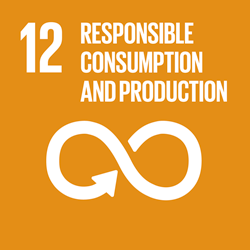Technological watch
Nitrogen modulates early growth and physio-biochemical attributes in fragrant rice grown under cadmium and multiwall carbon nanotubes stresses
Nitrogen (N) modulates plant growth, but its impact on the early growth and physio-biochemical characteristics of rice under cadmium (Cd) and multiwall carbon nanotubes (MWCNTs) toxicity has received little attention. In this study, a hydroponic experiment was conducted on two fragrant rice cultivars, e.g., Xiangyaxiangzhan (XYXZ) and Yuxiangyouzhan (YXYZ), grown under two N levels (N and 1/4 N) and various Cd and MWCNTs treatments (CK: without CdCl2 or MWCNTs; Cd: 100 ?mol L?1 CdCl2; MWCNTs: 100 mg L?1 MWCNTs; and Cd-MWCNTs: 100 ?mol L?1 CdCl2?+?100 mg L?1 MWCNTs). Results showed that when compared to CK, the total dry weight of the Cd and MWCNTs treatments did not change under 1/4 N for both varieties, whereas Cd and Cd-MWCNTs treatments resulted in a significant reduction in total dry weight by 18.78–37.85% for XYXZ and the Cd-MWCNTs treatment resulted in a significant reduction in the total dry weight by 20.24% for YXYZ. The changes in total dry weight were linked to changes in the dry weight of the different parts of the plant. Besides, the antioxidant parameters and the enzymes involved in the nitrogen metabolism changed in different varieties and different plant parts under two N levels and various Cd and MWCNTs treatments. In addition, differences in total dry weight changes at the N levels and various Cd and MWCNTs treatments were identified between the two varieties, and the relations between total dry weight and other investigated parameters indicated that the modulation processes varied between varieties. Overall, N modulates the early growth and physio-biochemical attributes in fragrant rice seedlings under Cd, MWCNTs, and their combined toxicity.






